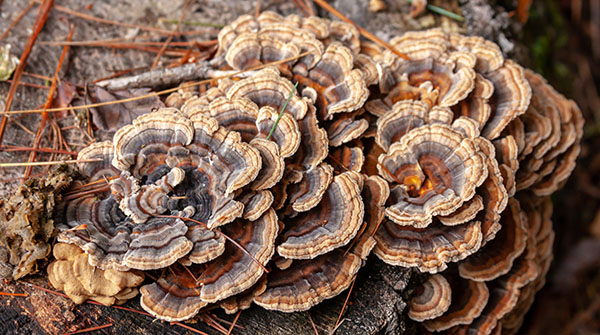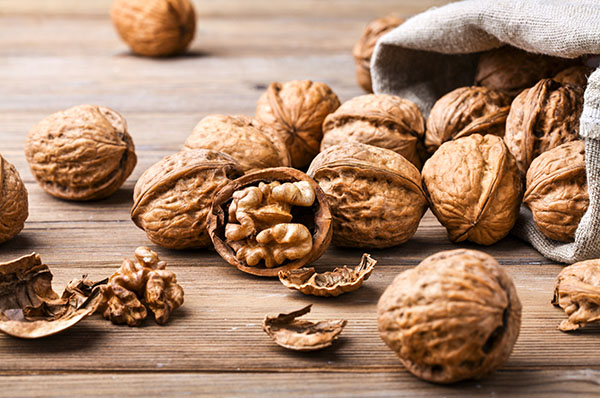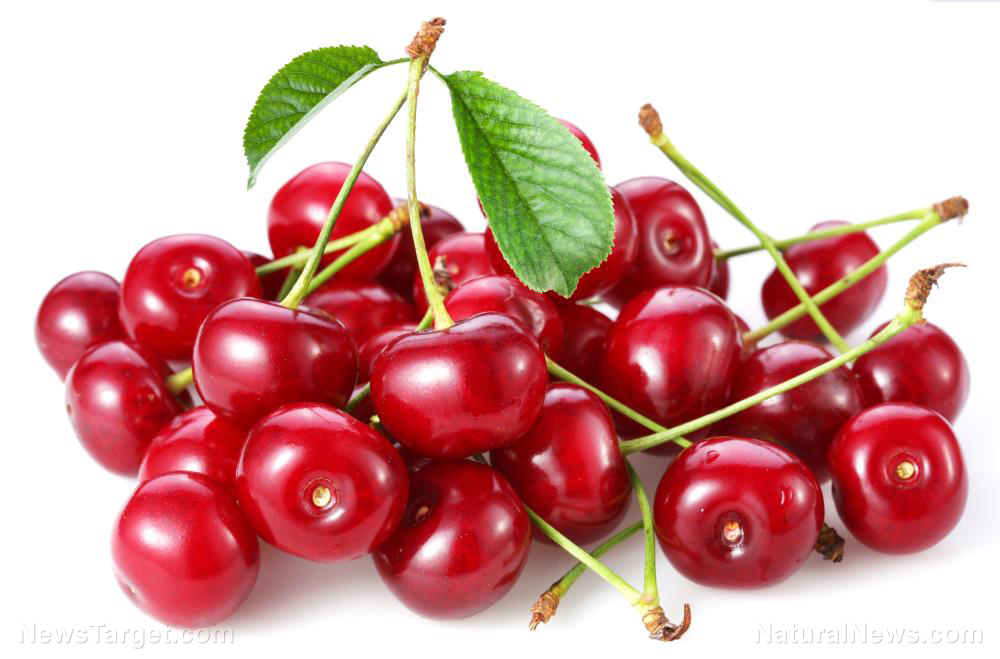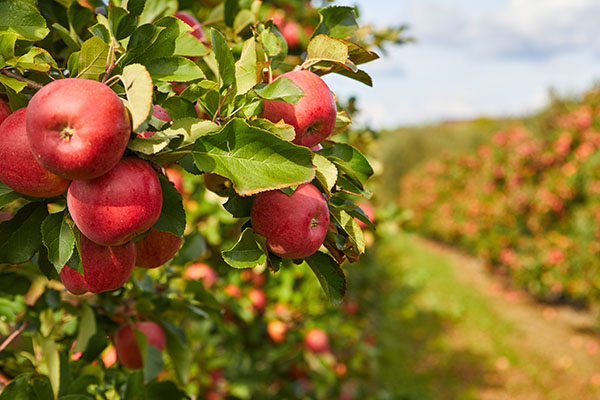Seaweed found to accelerate excretion of dioxins from the body: STUDY
02/24/2023 / By Ethan Huff

Because of their persistence in the environment, dioxins are difficult to remediate once they escape during a chemical incident. Many residents living in and around East Palestine, Ohio, are learning this the hard way right now as they face the ongoing fallout of dioxin exposure from the derailed Norfolk Southern freight train that underwent a “controlled explosion.”
It is now believed that the East Palestine train derailment incident released the largest dioxin plume in world history, which means people need dioxin solutions. One of them is seaweed, which a 2002 study published in the Journal of Agricultural Food Chemistry found aids in the secretion of dioxins from the body.
Once inside the body, dioxins tend to accumulate in fat tissue, where they remain indefinitely unless encountered by a scavenger such as seaweed. Varieties like wakame, hiziki, and kombu have been shown to mitigate the gastrointestinal absorption and reabsorption of 17 different types of polychlorinated dibenzo-p-dioxin (PCDD) and polychlorinated dibenzofuran (PCDF) congeners.
For their research, Japanese scientists fed Wistar rates four grams of a basal diet containing dioxins or a seaweed diet containing PCDD and PCDF standard solution. The seaweed group received a 10 percent wakame diet, resulting in substantial increases in the fecal release of various dioxin compounds.
“These findings suggest that the administration of seaweed such as wakame is efficient in preventing the absorption and reabsorption of dioxin from the gastrointestinal tract and might be useful in treatment of humans exposed to dioxin,” the study reads.
Be careful: some seaweeds are contaminated
Like most other things in life, sourcing your seaweed from safe sources is crucial to avoid further contamination with chemicals like arsenic, cadmium, and Salmonella. All of these, a 2020 study published in the journal Comprehensive Reviews in Food Science and Food Safety found, are potential hazards in contaminated seaweed.
Other risk factors for contaminated seaweed include pesticide residues, dioxins and polychlorinated biphenyls, brominated flame retardants, polycyclic aromatic hydrocarbons, pharmaceuticals, marine biotoxins, allergens, micro- and nanoplastics, other pathogenic bacteria, norovirus, and hepatitis E virus, the same study found.
“Many factors can affect the presence of hazards including seaweed type, physiology, season, harvest and cultivation environment, geography including the location of cultivation, alongside further processing,” the study reads.
“Moreover, when seaweed is cultivated near industrialized or anthropogenic activities, these activities may negatively influence water quality, which can increase the likelihood of hazards in seaweed.”
Just last year, the Food and Agriculture Organization (FAO), a division of the World Health Organization (WHO), released a food safety and quality guidance warning the public about contaminated seaweed.
“The document reports that morbidities and mortalities linked to the consumption of seaweeds are rare, but cautions that the limited data raise concerns that certain hazards may be present in seaweed,” the FAO warned.
“These include: chemical hazards such as heavy metals (principally inorganic arsenic and cadmium), persistent organic pollutants (e.g., dioxins and polychlorinated biphenyls), radionuclides and pesticide residues; microbiological hazards (e.g., Salmonella spp., Bacillus spp., and norovirus); physical hazards (e.g., metal pieces, glass splinters, crustacean shells, micro- and nanoplastics); and allergens.”
Seaweed products are everywhere these days, which is why the FAO put out this warning. With increasingly more seaweed products available on the global market, it is important to select varieties from clean, safe sources that provide third-party testing and other reassurances of quality.
“This seems to be a diabolical, premeditated synergy of dioxin, chemtrails, 5G, and the jabs – a potent breathing-related mix,” one commenter wrote about all the strange things that have happened over the past several years.
You can learn more about natural ways to protect your body against chemical contamination by visiting Cures.news.
Sources for this article include:
Submit a correction >>
Tagged Under:
This article may contain statements that reflect the opinion of the author
RECENT NEWS & ARTICLES
COPYRIGHT © 2017 SUPER FOODS NEWS





















